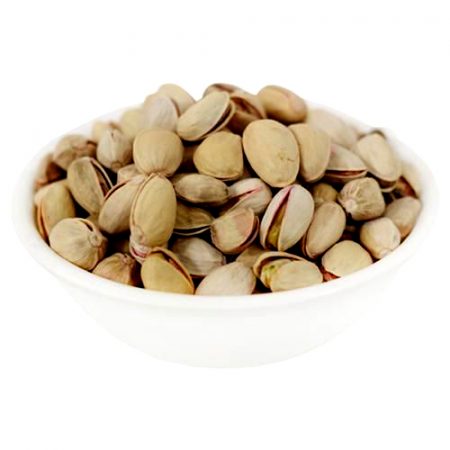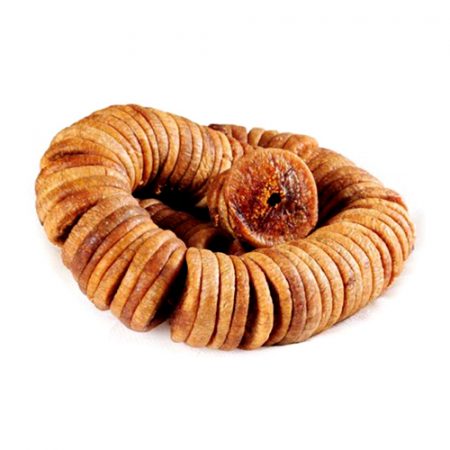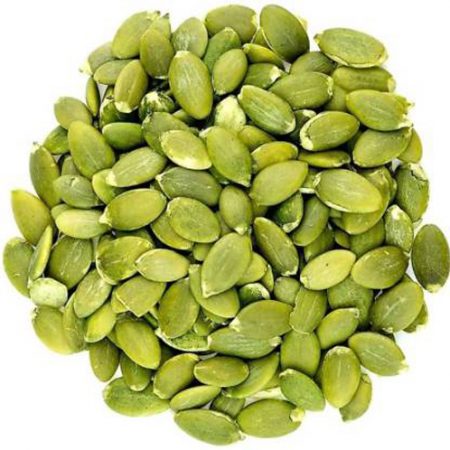Description
ABOUT
Makhanas, also known as lotus seeds or Fox nuts, are currently one of the most popular dry snacks. Lotus produces seed pods that are straight and contain roughly 20 seeds that mature in 40 days. The dark green coloured lotus seed head contains a row of nut-like round to oval sized seeds. When they’re young, they’re green, but as they age, they turn cream to yellow. As much of the covering can be removed, the shell becomes harder. Makhanas, also known as fox nuts or lotus seeds, are the seeds of a plant called Euryale Fox that thrives in wetlands or ponds in Eastern Asia. They have been utilised in Chinese medicine for over 3000 years and are very essential in Ayurvedic treatment.
HISTORY OF MAKHANA OR LOTUS SEEDS
Madhubani, a popular Mithilanchal district of Bihar, was the birthplace of Makhana farming. Makhana was grown here by a poor group of farmers using traditional farming methods. From Madhubani, Makhana seeds and Makhana Pops have extended to other parts of the Country. Historically, in the Eighteenth Century, under the kingship of King Darbhanga, Makhana was cultivated in Darbhanga and Madhubani districts.
Though Makhana has its origins in India, it has also been adopted by various cultures. Makhana, or Fox Nut, has a legendary association in Greece that is not confined to India. In different nations, this wonder nut is known by many names. It is known as Phool Makhana in India and Fox Nut and Lotus Seeds in Western countries. Euryale Ferox is another interesting name for Makhana. The name can be traced back centuries in Greek mythology. It gets its name from the mythical Greek Gorgon, a terrifying female figure from Greek mythology.Gorgon means “terrible” or “dreadful” in Greek. In Greek mythology, this word refers to three sisters who, like Medusa, had venous snake hair on their heads.
HOW MAKHANA OR LOTUS SEEDS OR FOX NUTS ARE PROCESSED
Lotus seed or water lily plants germinate from previous season’s leftovers. Sprouting occurs in December-January, and early leaves appear on the pond surface in January and February. After two months, the entire water surface is covered in enormous thorny leaves that float on the surface. Flowering begins in April and is at its peak in May.
Following that, the lotus seeds or water lily flowers float for a few days before submerging into the water. Fruiting begins in mid-May, and each plant produces between 450 to 700 grams of seeds on average.
The seeds float for a few days before drowning at the bottom of the pond once the fruits rupture inside the water. The massive leaves are chopped down or let to decay in the soil after fruiting, enriching the soil.
During August and October, the seeds spread at the pond’s bottom are manually gathered. Harvesting is carried out by diving deep into the water, which is a difficult task in itself.
HOW TO CONSUME MAKHANAS
It is usually consumed during fasting or used as an ingredient in Indian cuisine or sweet meals. However, few people are aware of its health and nutritional benefits. It is a well-recommended dietary supplement that is widely available. It can be found in any grocery shop and has a long shelf life, so it may be kept in an airtight container for a long period. Just keep it out of direct sunshine and away from dampness. According to its taste, these seeds can be eaten raw or cooked.
Roasted Makhanas
Heat a frying pan over low heat and roast the of makhanas until they are light brown in colour. Make sure you don’t burn them. After they’ve been roasted, store them in an airtight container.
Roasted makhanas in ghee / wood pressed oil
Heat a pan with a little ghee or any wood pressed oil of your choice and salt to taste, then roast the makhanas till light brown in colour. You can check if a makhana is done or not by crushing it with your palm.
Flavoured Makhanas
If you are not able to consume plain makhanas, you can prepare healthy flavoured makhanas at home. Simply roast the fox nuts in ghee and season with herbs, spices, and condiments such as mint leaves, curry leaves, coriander powder, garlic powder, turmeric powder, green chilies, and so on. To add a bit more crunch and nutrients to the snack, add peanuts, cashews, and almonds to the mix. Avoid artificial seasonings and flavours. Also avoid store bought flavoured makhanas as they are high in salt and artificial flavours that may harm your health. Enjoy homemade makhanas control the hunger pangs.
BENEFITS OF MAKHANA
- Lotus seeds are well-known for being a high-protein food that is highly good for the body. Doctors even advise eating lotus seeds, to meet the protein requirement in the body
- Lotus seeds have a great property that it has a low GI, which means it releases energy levels to your body slowly and gradually, allowing you to stay energised throughout the day. It will relieve stress and keep your mind healthy. Foods with a low glycemic index make you feel full and satisfied, which can lead to weight loss
- A popular fasting food rich in protein. A handful of makhana can provide energy for the whole day.
- Makhana is great snack food for diabetics and heart patients as they contain good fat and have a low quantity of saturated fats.
- Perfect snack for people who are on weight loss.
- Rich in fibre and helps in easy digestion.
- Low glycemic index which means that they release glucose slowly in the blood.
- Keeps you satiated for a longer time.
- Gluten free snack high on protein and carbohydrate content.
- Makhanas are rich in calcium which helps in improving bone health.
- Reduces inflammation which is a reason for the modern diseases like diabetes, arthritis and rheumatism.





Reviews
There are no reviews yet.